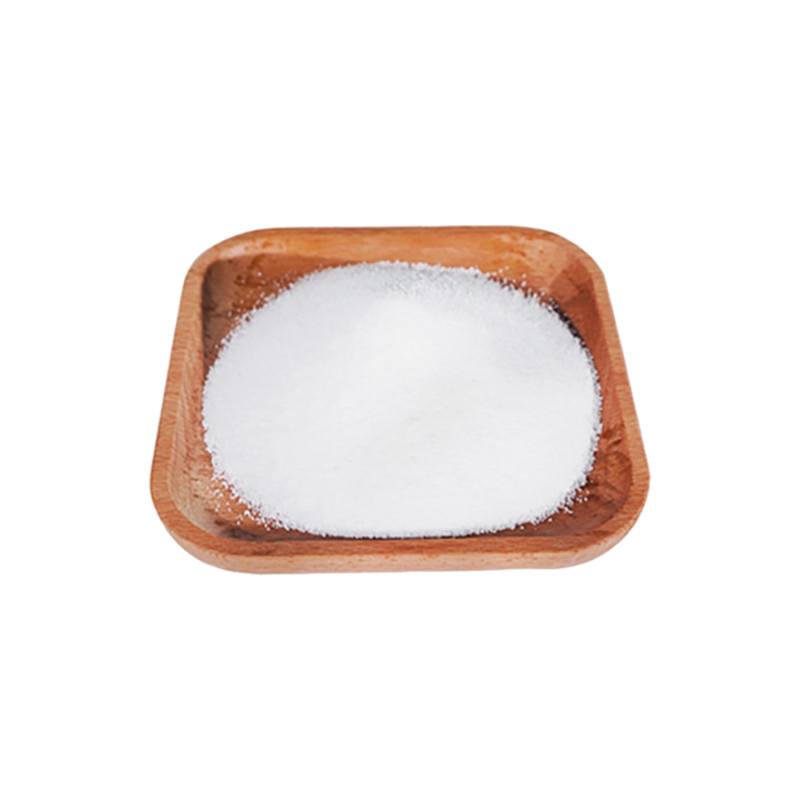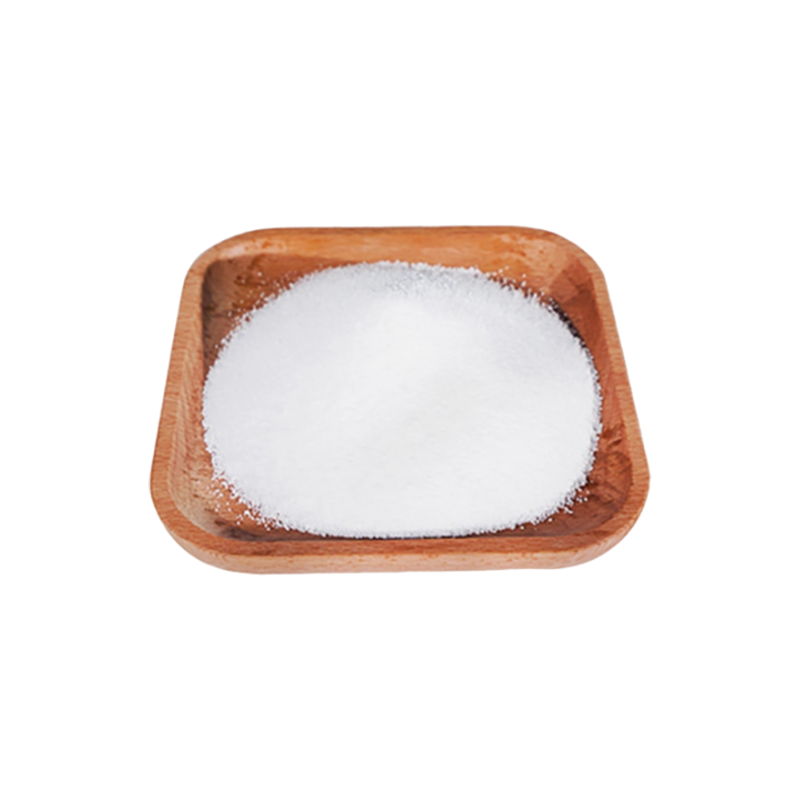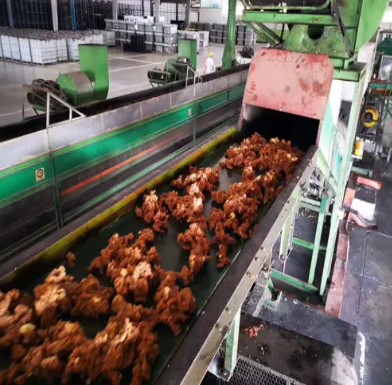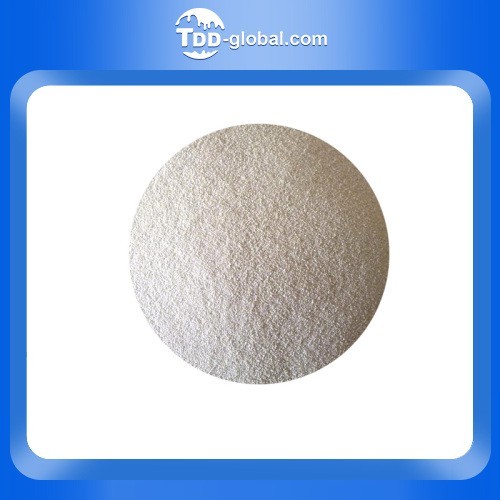Q
how to fix ripples in epoxy
I'm a seasoned industrial engineer with a keen interest in machine learning. Here to share insights on latest industry trends.
I'm a seasoned industrial engineer with a keen interest in machine learning. Here to share insights on latest industry trends.
You May Like
Polymers are large molecules composed of many repeated subunits, known as monomers. These monomers can be sourced from various origins, broadly categorized into synthetic and natural polymers. Synthetic polymers, such as plastics and synthetic rubbers, are derived from petrochemicals through polymerization processes in factories. On the other hand, natural polymers originate from biological entities; for example, cellulose is obtained from plants, proteins from animals, and DNA from all living organisms. The creation and transformation of these monomers into polymers can involve numerous chemical reactions, including addition polymerization and condensation polymerization, depending on the types of monomers and the desired properties of the resulting polymer.
Post PVC (Premature Ventricular Contractions) ablation, most patients experience significant relief with minimal complications. However, as with any cardiac procedure, there are potential risks. These could include heart puncture, bleeding or infection at the catheter insertion site, damage to the heart's electrical system requiring a pacemaker, blood clots leading to stroke or heart attack, and reactions to the dye or anesthesia used during the procedure. Less commonly, there might be damage to the heart valves or coronary arteries. Recovery varies; you might feel tired for a few days, and it's crucial to follow your healthcare provider's post-procedure advice carefully. Always report any signs of infection, chest pain, or breathing difficulties immediately.
Polypropylene is recognized for its durability, resistance to chemicals, and mildew. In rubber flooring, it's often used as a binding agent or in composite forms. Its chemical stability means it doesn't easily degrade or release harmful substances, making it a safer choice compared to some plastics. Additionally, polypropylene is considered non-toxic and safe for contact, even in environments like hospitals and schools. However, it's essential to ensure the rubber flooring in question doesn't contain other harmful additives or substances, such as phthalates or VOCs, which are sometimes used in flooring manufacturing and can pose health risks. Always choosing flooring products that meet strict safety standards is advisable.
You May Like
Q&A
- •how to recycle pvc
- •are resin statues weatherproof
- •what types of foods benefit from emulsions
- •how to apply pvc plastic
- •wetting agents for compounding
Popular Information
















